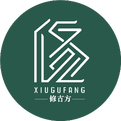Traditional Chinese Medicine (TCM) posits that the life of the human body is generated through the movement and transformation of Yin and Yang. Anything that is bright, outward, warm, ascending, and associated with sunlight is considered Yang; conversely, anything that is dark, inward, descending, cold, and away from sunlight is classified as Yin.
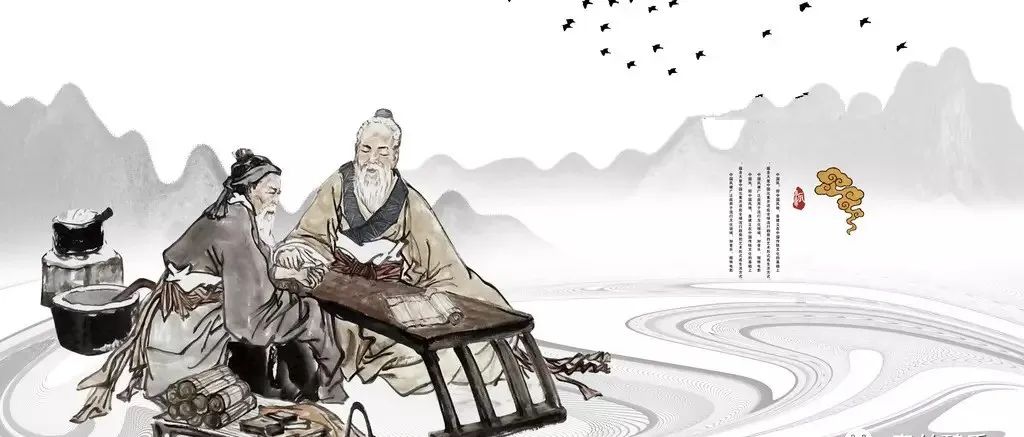
In TCM, the five organs: Xin (Heart), Gan (Liver), Pi (Spleen), Fei (Lung), and Shen (Kidney) are classified as Yin, while the six bowels: Dan (Gallbladder), Wei (Stomach), Pangguang (Bladder), Dachang (Large Intestine), Xiaochang (Small Intestine), and San Jiao (Triple Burner) are classified as Yang. The function of the five organs is to store nutrients and maintain the life activities of the body. TCM states that the five organs are “藏而不泻” (cáng ér bù shè), meaning they store the body’s essence and should not leak out; otherwise, the person becomes deficient.
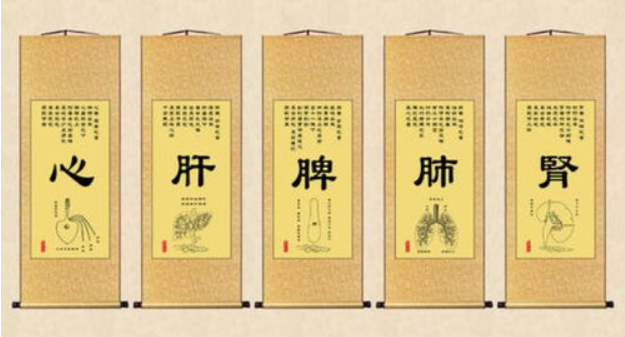
The function of the six bowels is to digest and transport, responsible for breaking down food, allowing the body to absorb nutrients, and expelling waste. They are the channels for nutrients, hence TCM states that the six bowels are “泻而不藏” (xiè ér bù cáng), meaning their role is to transport rather than store, and they must remain unobstructed.
Yin Deficiency Nourishing Yin in the North
From the perspective of Qi transformation, TCM believes that life is primarily dependent on Yang Qi, and health preservation is essentially about nourishing Yang.
If Yang Qi is insufficient, do not forget to absorb Yang Qi. Insufficient Yang is often due to Yang Deficiency, which indicates that the function of a certain organ in the body is weakened or diminished. This is specifically manifested as insufficient heat production, cold hands and feet, shortness of breath, fatigue, and a weak pulse. People with Yang Deficiency should choose a house facing south.

To nourish Yang, on sunny days, go to the south, east, or any sunlit area to allow Yang Qi to fully nourish the body. When Yang Qi is strong and solid, and the Ying and Wei (defensive Qi) are harmonized, it can defend against external pathogens; when the Pi Yang (Spleen Yang) is robust, it can transform and transport essence, nourishing the entire body; when the Shen Yang (Kidney Yang) is sufficient, it can promote the circulation of Qi and blood throughout the body, nourishing the five organs, strengthening the body, and prolonging life.
In spring and summer, the Yang energy in nature rises, and it is advisable to follow the seasons for nourishment, which means to take advantage of the situation to ensure that the body’s Yang Qi is abundant and energy is vigorous. During spring and summer, people tend to go outdoors more, increasing their activity levels. Especially in summer, the heat can be intense, leading to excessive sweating, which can cause Yang Qi to be excessively depleted; or, due to the need to cool down, one may excessively consume cold foods, leading to excessive internal cold.
Yin Deficiency Nourishing Yin in the North
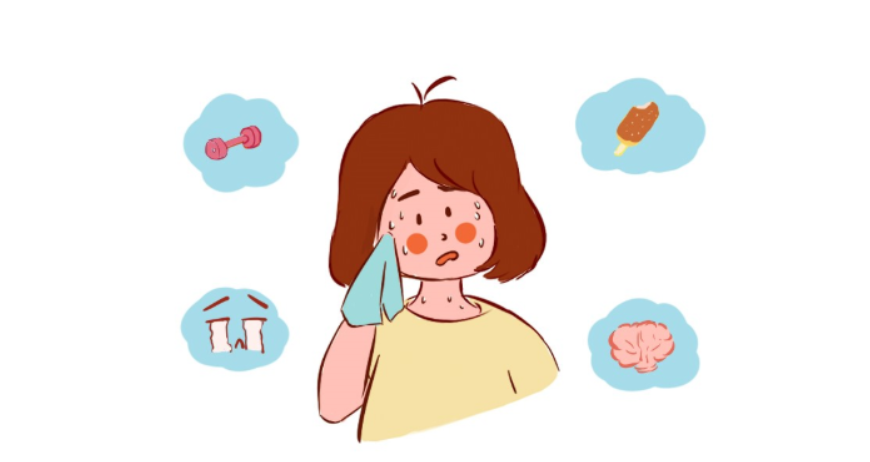 TCM believes that Yin Deficiency often results from prolonged illness, excessive fatigue, or liver Qi stagnation leading to fire damaging Yin.People with Yin Deficiency may choose a house facing north.
TCM believes that Yin Deficiency often results from prolonged illness, excessive fatigue, or liver Qi stagnation leading to fire damaging Yin.People with Yin Deficiency may choose a house facing north.
For those with insufficient Yin, health preservation can be done at night, after dinner, by walking outdoors under the moonlight, which is very effective for nourishing Yin.
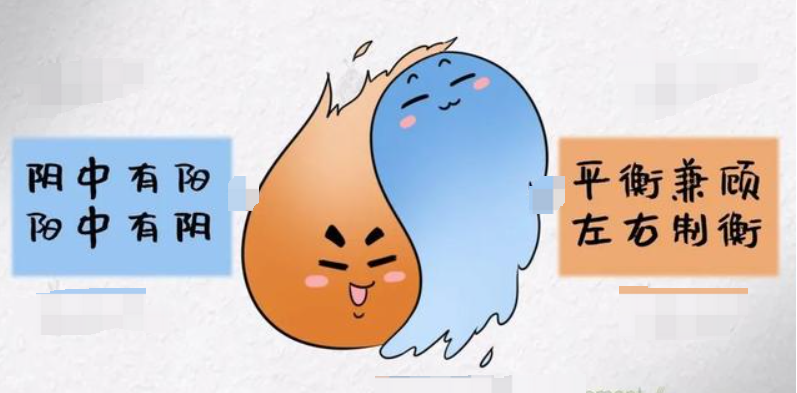
In summary, TCM emphasizes the coordination of Yin and Yang. Both Yin and Yang are equally important, as they are interdependent; Yin is the foundation of Yang. Without Yin, Yang cannot transform, and without Yang, Yin lacks motivation. Therefore, maintaining the balance of Yin and Yang is essential for life and health, and harmonious Yin and Yang leads to longevity.
The above images and text are sourced from the internet; please contact us for removal if there are any copyright issues.

